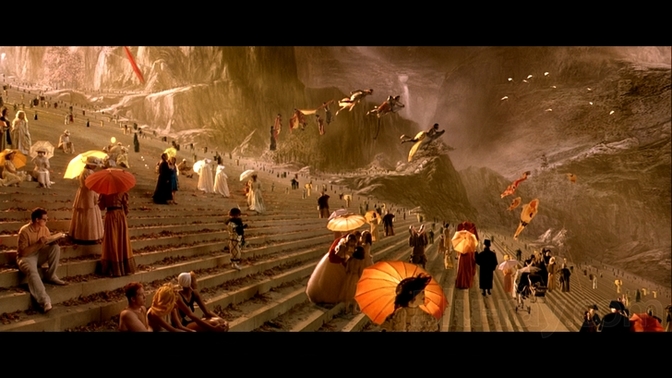"Once again, I was being forced to consider the possibility that something I had long refused to believe might actually be true.
"In the very early going, I kept stumbling over my virtual certainty that my mother’s religion was ugly and prudish and intolerant; that it was arrogant beyond belief with its claims of absolute and exclusive truth; and that it starred a Creator who, if He existed, took great pleasure in giving His creatures good things like food and drink and money and sex and then telling them 'Hands off!'
"These were among the reasons I had developed my own little theological system over the decades – one that could be adjusted whenever necessary to accommodate some fun idea put forth in a conversation or book or even a movie like the too-cool afterlife fantasy 'What Dreams May Come,' with its resident-run, 'they all lived happily ever after' portrayal of heaven.
"Even though I was sort of leaning towards the existence of a God by the mid-1990s, my personal theology certainly didn’t depend on such a being. Mine was a passive-tense theology: We were put here to reach our full potential as human beings. We would be judged based on our characters and good deeds. Those who were allowed into heaven (if it existed) would include just about everyone except Adolf Hitler and Christian fundamentalists.
"If I didn’t want to address the issue of who, if anyone, would do the putting, judging and allowing, well, that was my business; it was my afterlife scenario, after all. And it was just as valid as anyone else’s, because no one could possibly know for sure what happens to us after we die. No one."
--From Heaven Without Her (Thomas Nelson, 2008), pages 94-95

 RSS Feed
RSS Feed